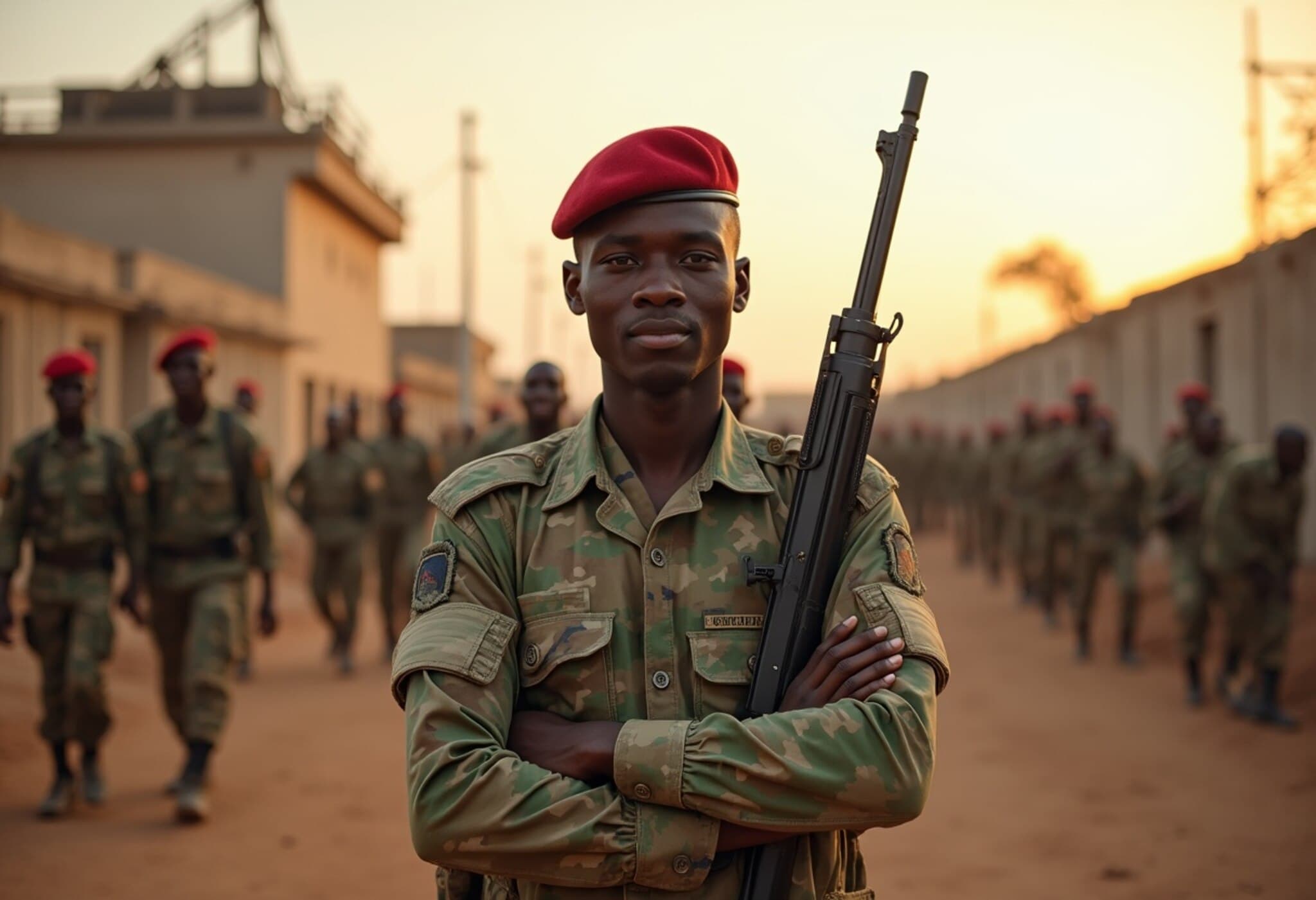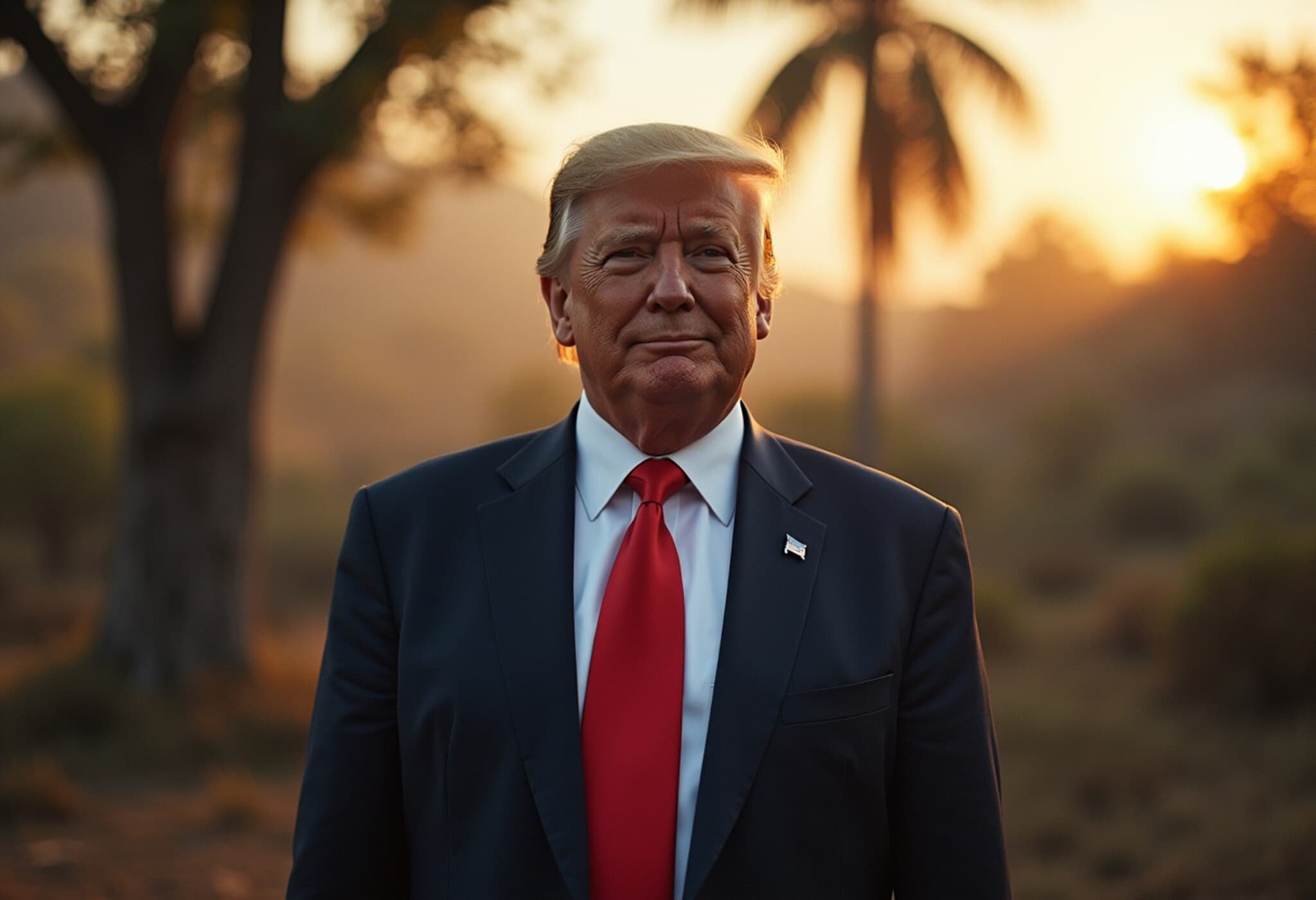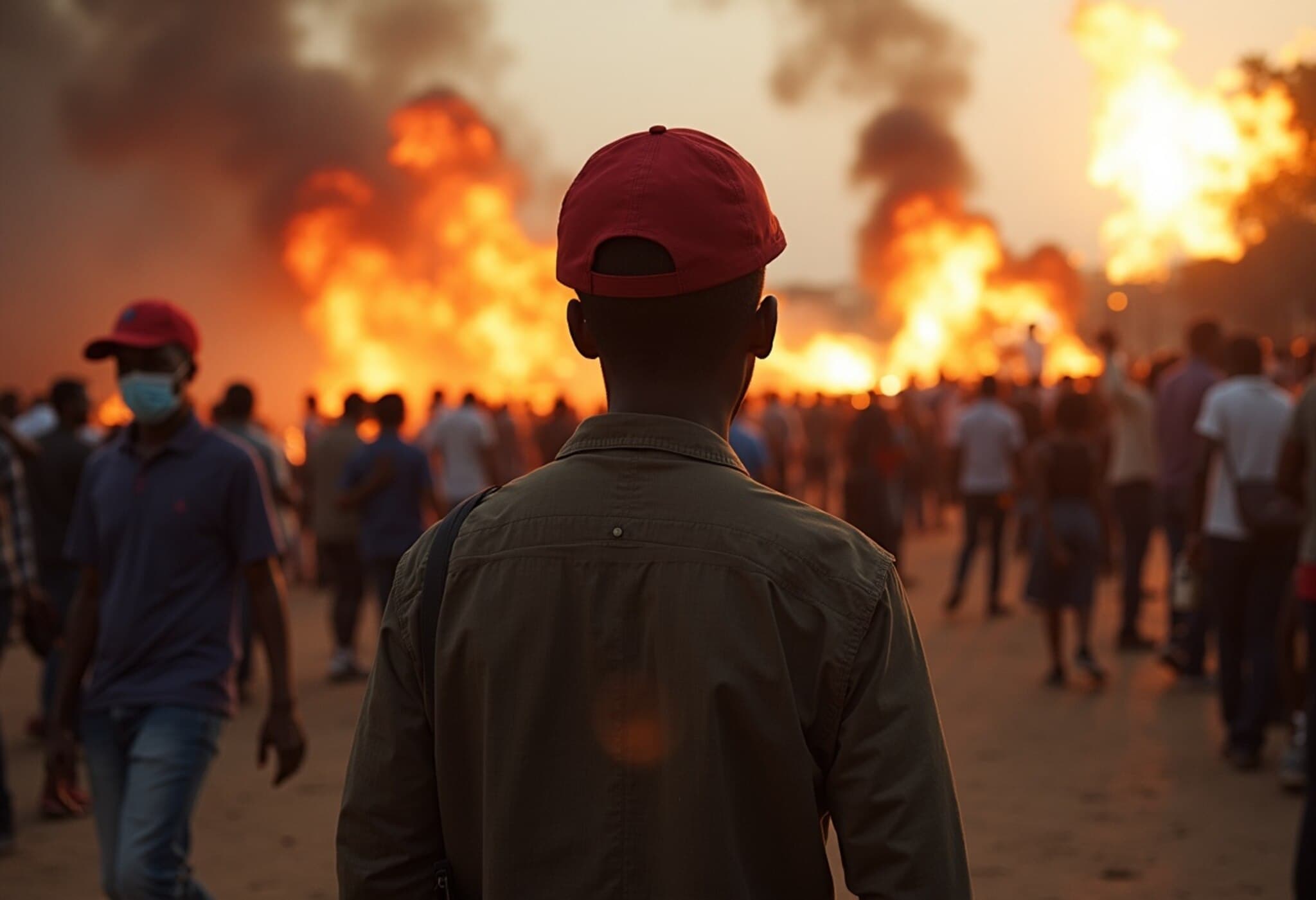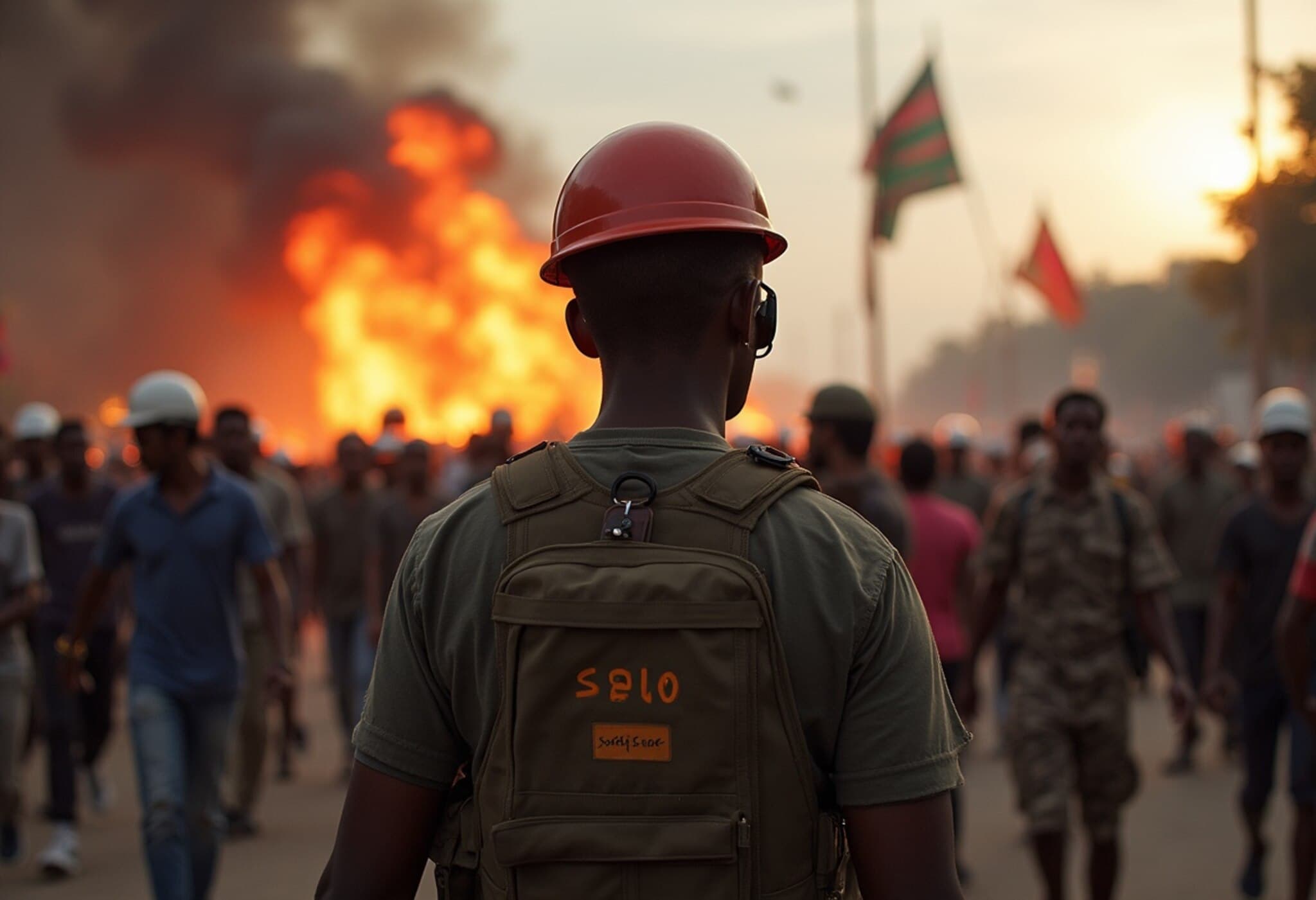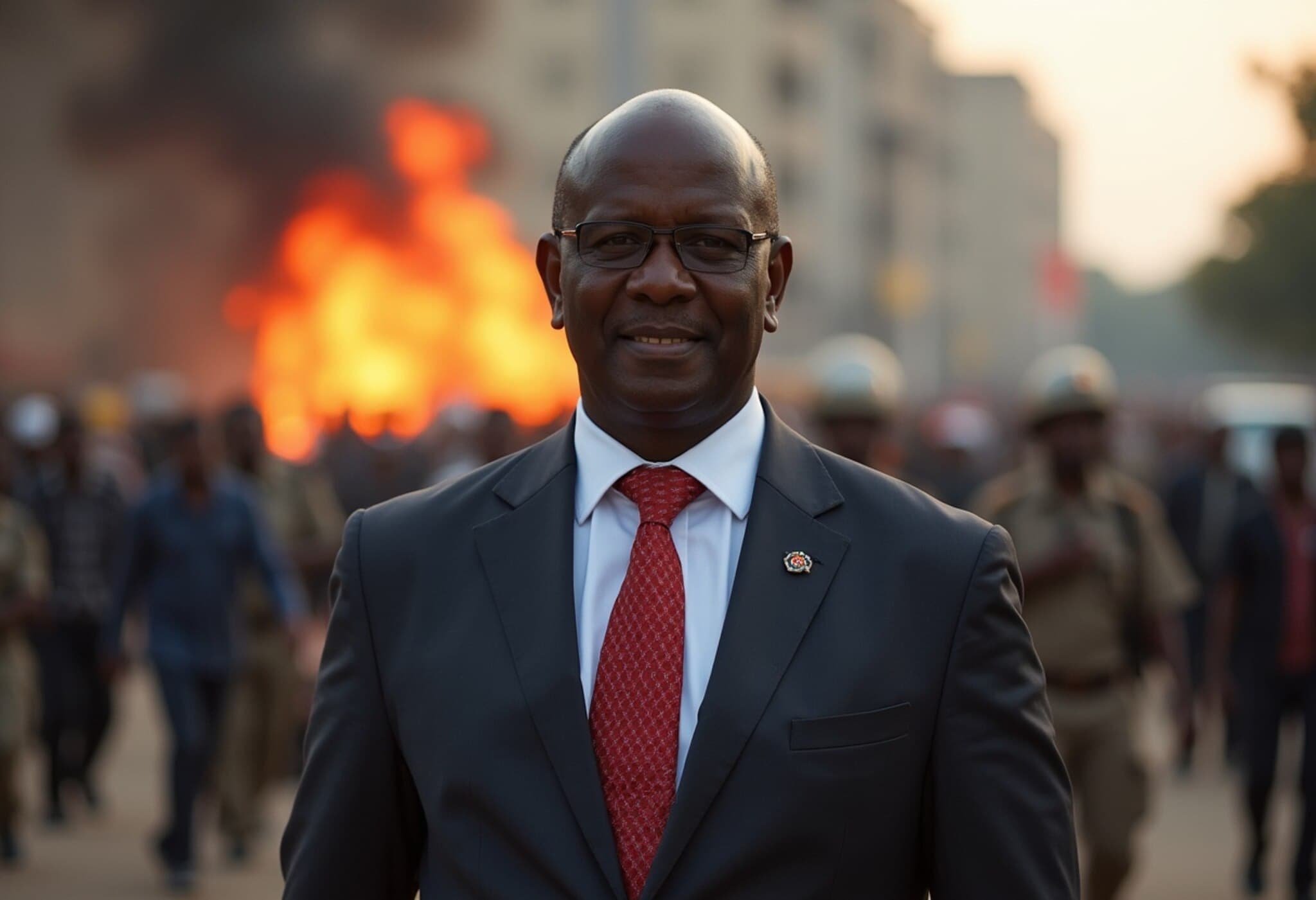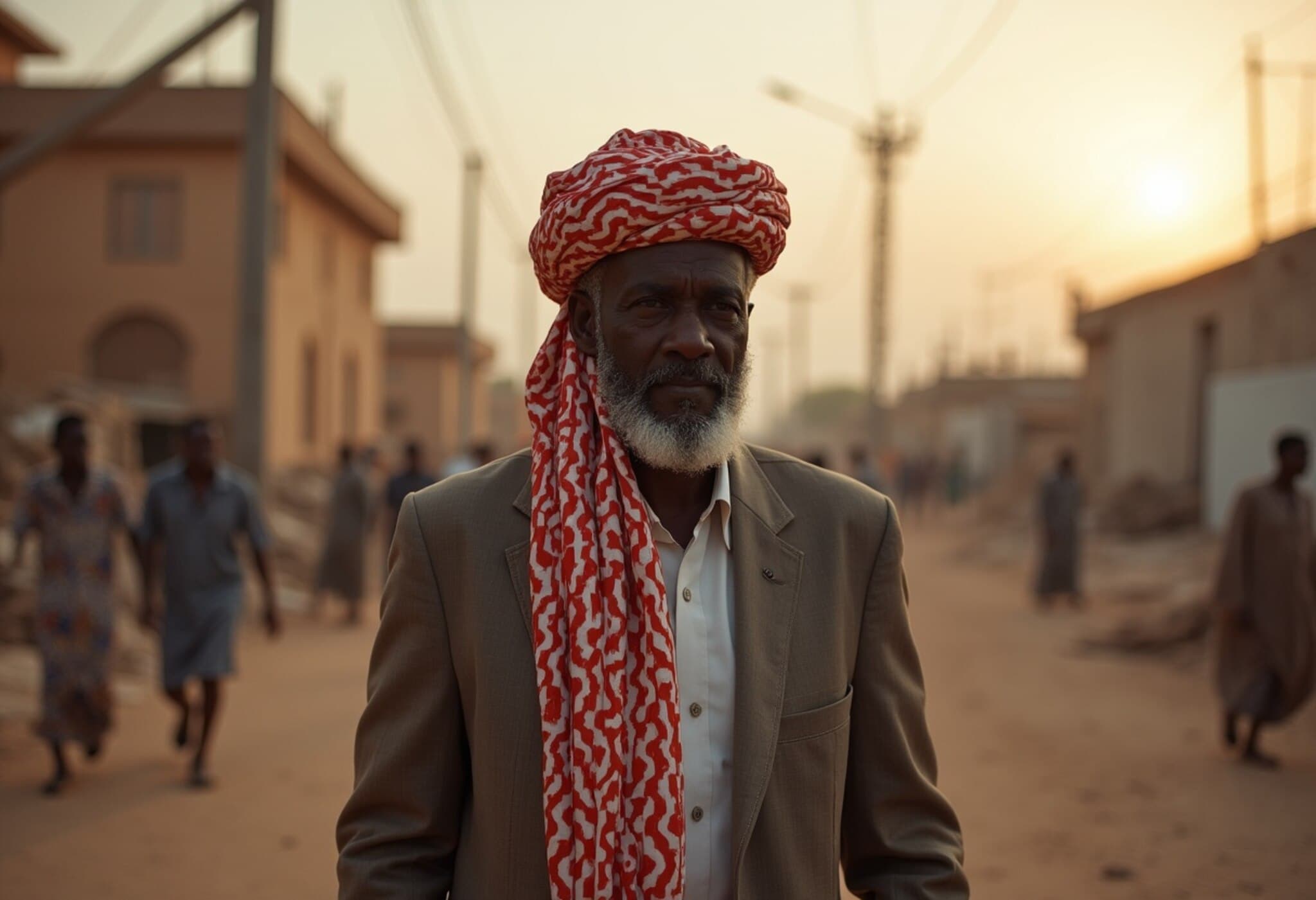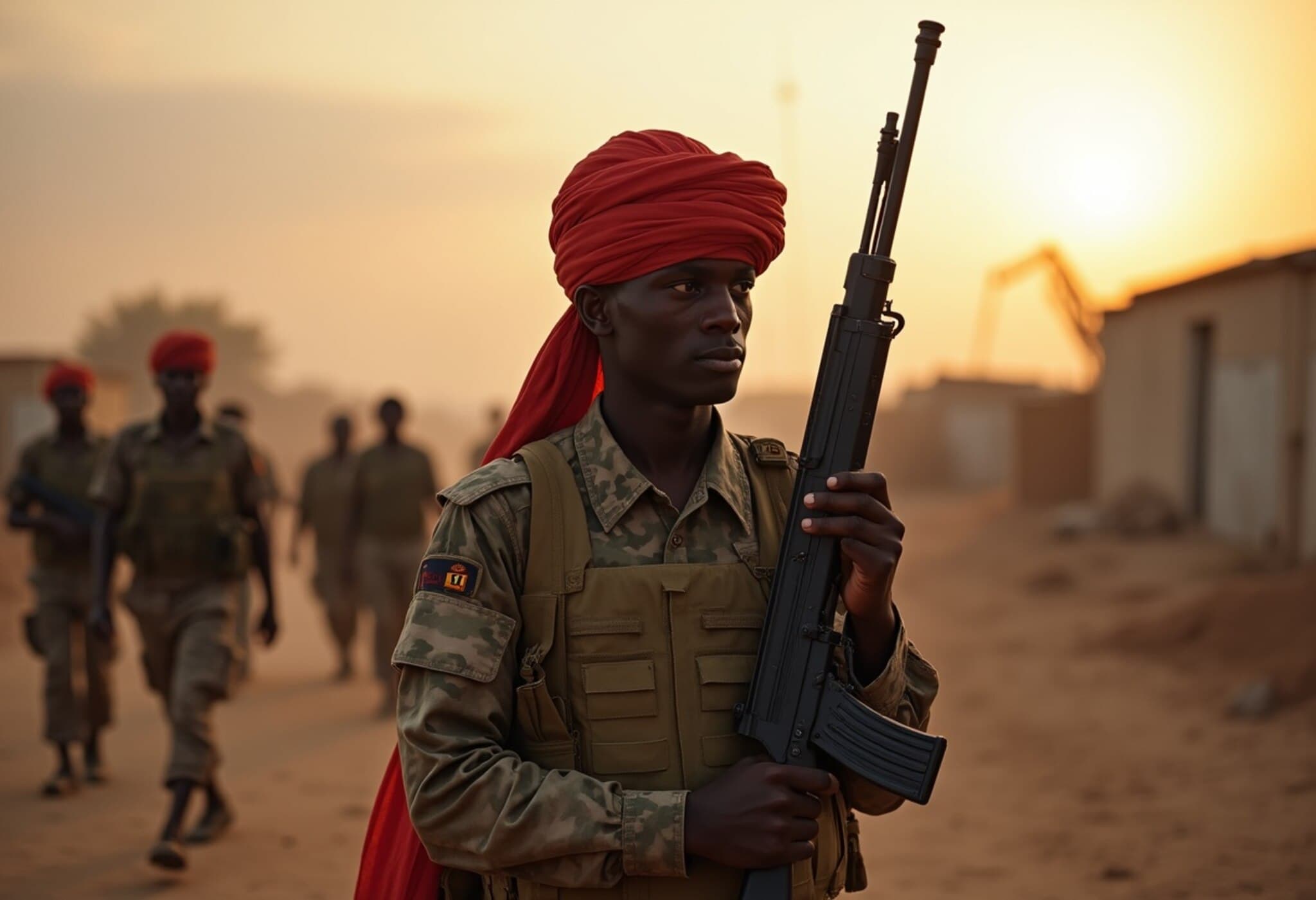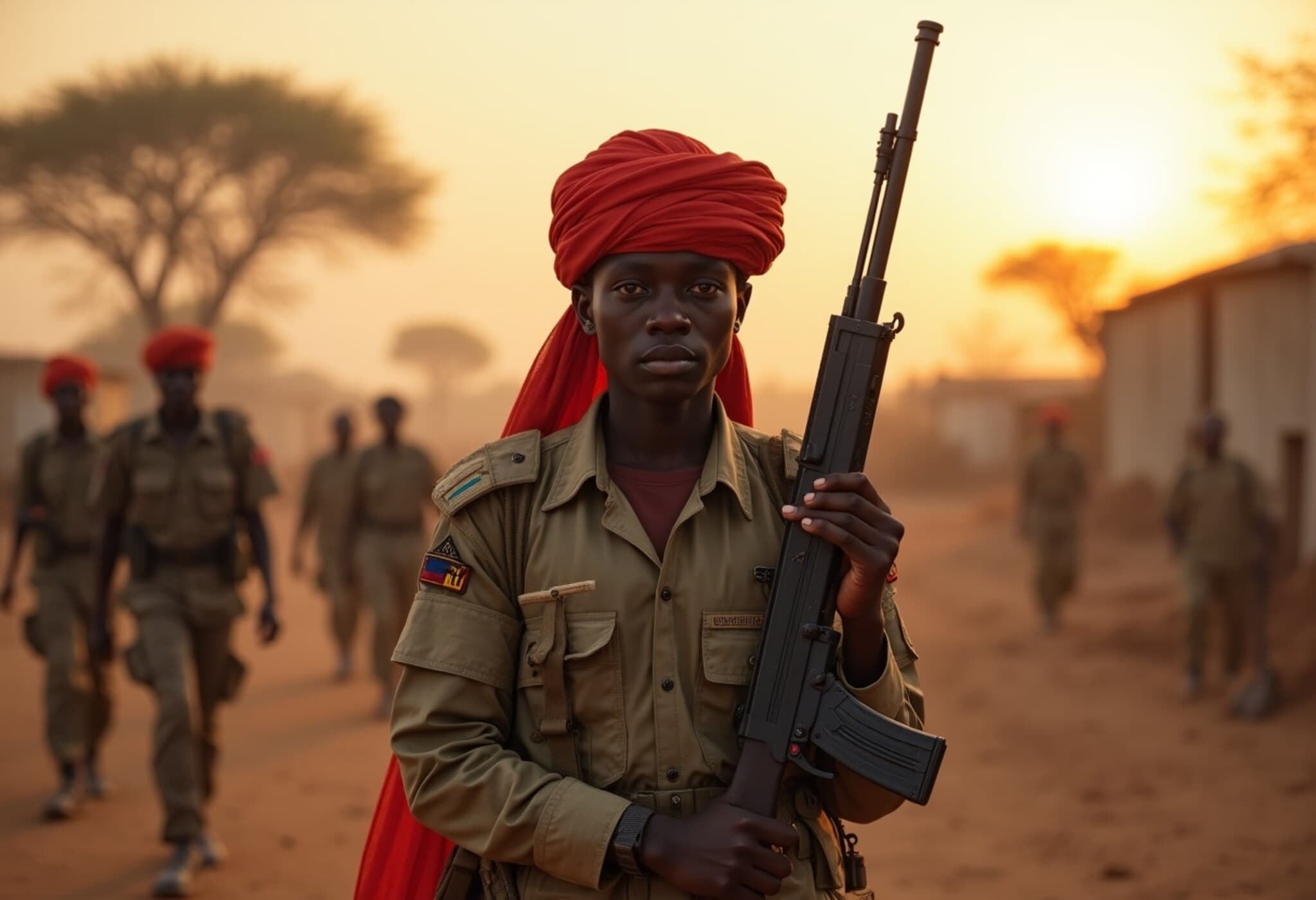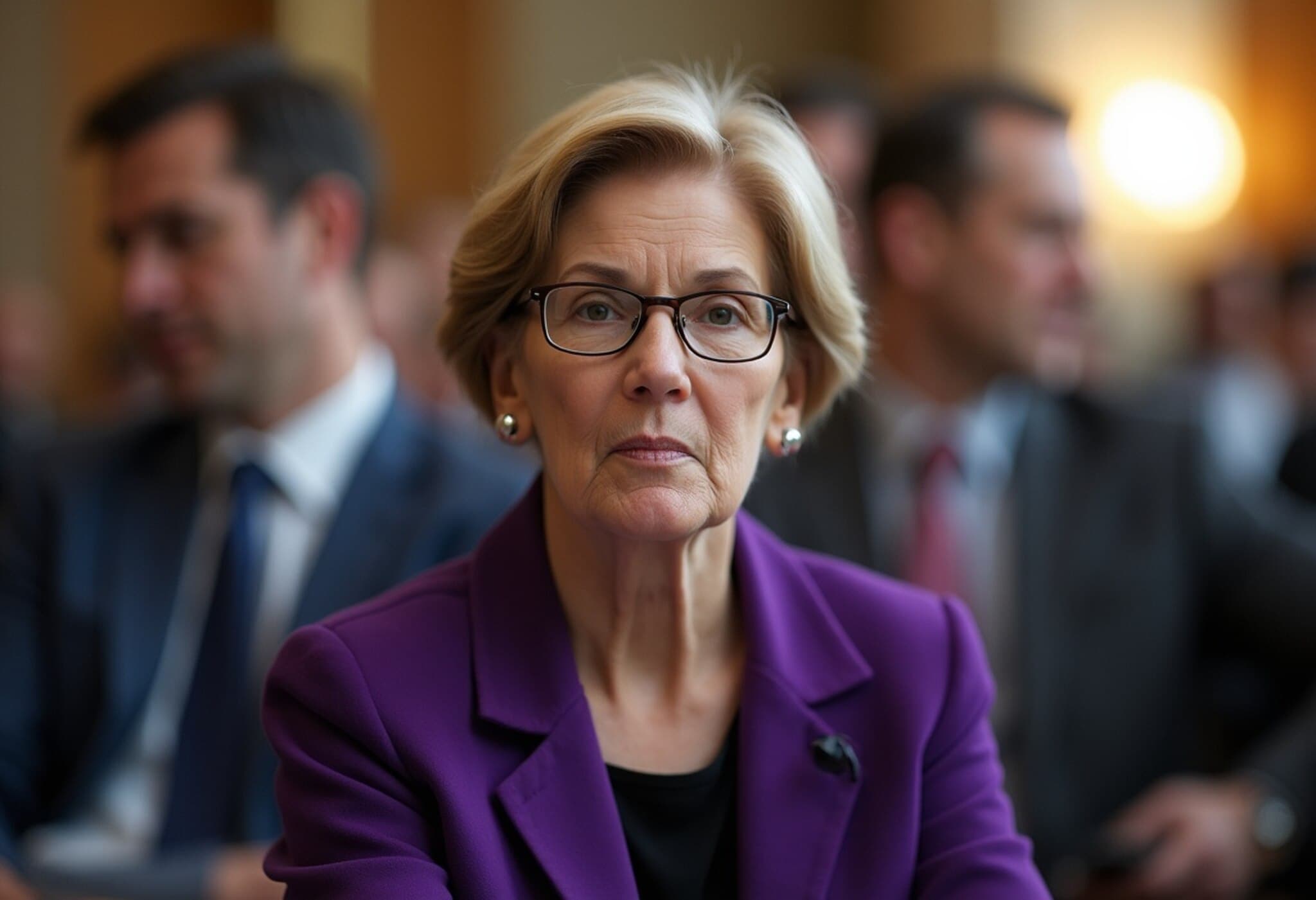France Hands Over Last Military Bases in Senegal, Ending Long-Standing Presence
On July 17, 2025, France officially returned its final military installations in Senegal – Camp Geille and the Dakar airport airfield – marking the end of a 65-year military tenure in the West African nation. This withdrawal leaves France without any permanent bases in both Central and West Africa, signaling a significant shift in post-colonial security relations across the continent.
Historical Context: A Legacy of Military Partnership
Senegal, one of France’s earliest African colonies, gained independence in 1960 yet hosted French troops steadily for over six decades. France’s military presence symbolized a close alliance, with Senegal serving as a strategic hub for French operations across the Sahel and broader region. However, evolving political dynamics and rising sovereignty sentiments have pressured this longstanding relationship.
President Bassirou Diomaye Faye’s Drive for Sovereignty
After winning the 2024 elections on promises of reform, President Faye set a clear deadline for foreign military withdrawals, emphasizing Senegal’s sovereignty: Senegal is an independent country, it is a sovereign country, and sovereignty does not accept the presence of military bases in a sovereign country.
Still, Faye affirmed France as an important partner, signaling a nuanced recalibration rather than a severance of ties.
Faye's administration marks a strategic pivot towards autonomy, aiming to consolidate homegrown military capabilities. Referencing Antoine de Saint-Exupéry’s words, the Senegalese Chief of General Staff, General Mbaye Cisse, described the handover as an important turning point
in bilateral military relations, moving towards a partnership with new goals beyond permanent bases.
Regional Security Challenges and Changing Alliances
France’s military exit comes against the backdrop of escalating jihadist violence in the Sahel region—including Mali, Burkina Faso, and Niger—where insurgent groups threaten regional stability. Ironically, recent attacks near borders with Senegal have underlined the urgency of robust security measures.
Meanwhile, several Sahelian nations have distanced themselves from France, pursuing alternative partnerships. Coups in Mali, Burkina Faso, and Niger have transferred power to leaders skeptical of French military involvement, shifting regional alignments towards Russia and private military contractors. Similarly, in Central Africa, nations like the Central African Republic are demanding French pull-outs, reflecting broader continental reevaluations of post-colonial security frameworks.
France’s Strategic Reorientation in Africa
Despite ending permanent bases in Senegal and other countries such as Ivory Coast and Chad, France plans to consolidate its African military footprint, centering operations in Djibouti where a significant base remains. French military leadership stresses the evolution from permanent presence towards dynamic, partnership-based engagements.
General Pascal Ianni, head of French forces in Africa, stated,
We have to do things differently, and we don’t need permanent bases to do so.He reaffirmed respect for the sacrifices made by soldiers in the decades-long cooperation, highlighting a commitment to recalibrated collaboration.
Unanswered Questions and the Road Ahead
- How will Senegal balance sovereignty with continued cooperation against complex security threats?
- Will the withdrawal affect counterterrorism efficacy in a volatile Sahel?
- What implications does France’s retrenchment have for other African nations seeking to redefine foreign military relationships?
France's withdrawal underscores a historic transformation in African geopolitics, where former colonies assert greater agency amid contested security challenges. The evolving partnership model may offer a blueprint for future interactions that respect sovereignty while addressing shared threats.
Editor’s Note
The French military’s departure from Senegal is more than a bilateral rearrangement; it reflects shifting tides across Africa towards reclaiming sovereignty and redefining foreign influence. Analysts emphasize the delicate balance between national independence and the pragmatic need for international security cooperation. As West Africa grapples with jihadist insurgency, the coming years will test whether new partnership frameworks can effectively address both security and political aspirations.

